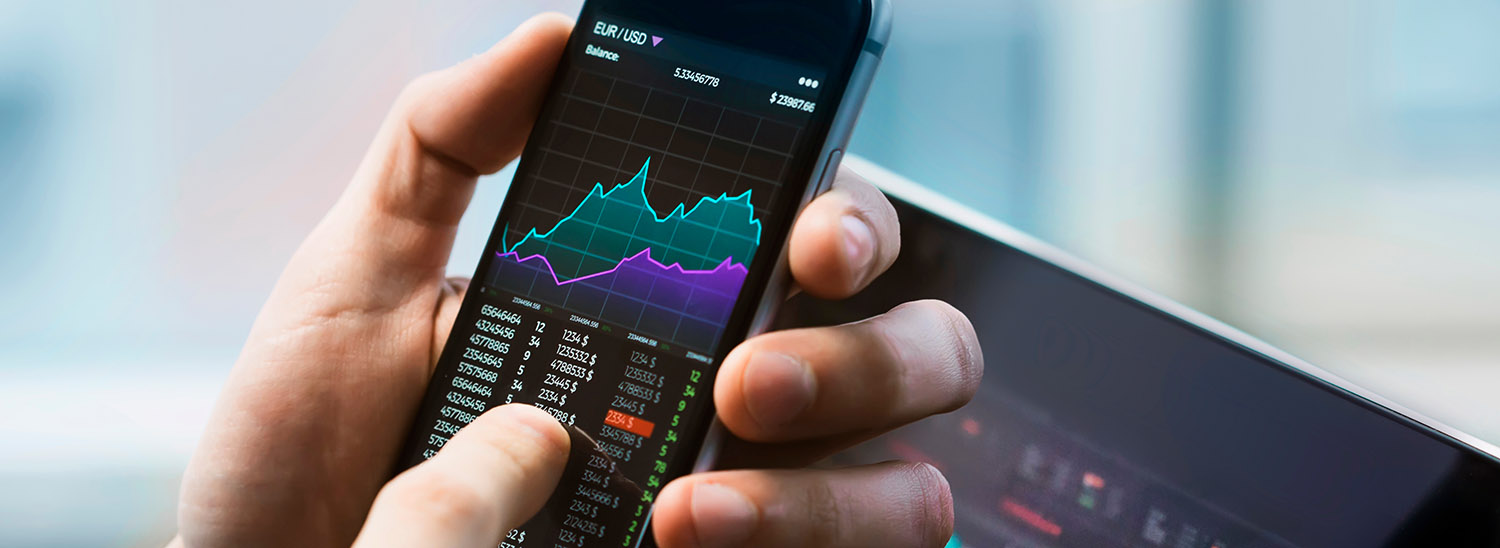

To invest or not, that is the question
When people talk to us about money, they say that it is cowardly, that they seek safe investments, that they shy away from uncertainty, that they hide in investments that give a high return. But this is based on simplified assumptions about reality that we should examine before we believe everything we are told. And one of these assumptions is to allow the information circulating about investments to be transparent and reliable
When discussing “how to organise” there is always a certain tendency to drift towards macroeconomics. For example, when discussing the viability of the Catalan state, terms related to “market” and “organisation” are confused. It is said that Catalonia is not viable because its market is not attractive for investment, referring to the size of the territory or the number of inhabitants. Others comment on organisational difficulties, especially the lack of economies of scale in order to have affordable costs.
Others, looking at the debt market, say that Catalan issuance of debt would have no outlet. Let’s take it one step at a time. To begin with, a company’s decision to invest in Catalonia can be assessed on the basis of whether it finds synergies between its corporate value system and those of Catalan culture (organisational aspect). However, it is necessary to first analyse whether the potential markets make it viable. For example, if it is a shopping centre, it will identify whether the locality where it is located has sufficient potential (nothing to do with the inhabitants of Catalonia, but rather the town or city in question). A service company will look to see if it has access to skilled labour and if the geographical location gives it access to other markets.
- Investing with a conscience
These days it has to be observed that those who assess investments in order to advise where those who have money to invest should invest it, do not agree very much either. Suddenly the Spanish bond is rated as a “junk” bond and the risk premium rises. Then statements by a competent authority bring the premium down again and the turbulent waters seem to become calmer. If I had money, I would invest it following other, less fickle advice, but I suppose that rating agencies are made up of people who value the information they receive and must circulate it in the best possible way. In other words, in reality, they are still people who look at the news and interpret it in their own way. Let’s look at the case of Catalonia, we could all read in certain international press that Spain had asked for a bailout. That really makes you laugh. It would be like if I paid my salary into a community of neighbours’ account and the community of neighbours told me that they were bailing me out when I told them to give me money to pay the community fees.
The problem comes when this information that is circulated is perhaps not as reliable as it should be and the opinions end up being certainties that have very serious consequences with respect to the interest to be paid for the money they leave us. Going back to a home example, it would be as if the mortgage bill from one month to the next went from 800 to 1200 euros because my neighbour tells the bank that I won’t be able to pay and he says so because a shopkeeper tells my neighbour that he sold on credit last time I was there and I owe him the bill for the vegetables. At this moment, I am glad that my mortgage is properly signed in front of a notary and registered in the land register! I am also glad that I don’t have to extend my mortgage at a time when the neighbour and the banker are meeting to discuss my dwindling finances.
- More organisation or less market
Perhaps the key is to start talking more about organisational management than about market economics. Because reality surpasses the theory of perfect markets and one of the raisons d’être of the organisation called “State” is precisely to see how markets can be used as an instrument to improve people’s lives. Accepting that markets are NOT perfect spaces of exchange between individuals, but that often there is a lack of supply, a lack of demand, or both.
So, what else there is to say about whether money is scary. We could say that it depends. It depends on who has it, and what that person is like, whether they believe in investment or whether it is simply soulless money seeking to maximise short-term profit, minimise risk and not commit to any particular project.
Many small entrepreneurs use the money they earn to help them to run their self-employment and the employment of the families they depend on, risking their wealth, and even investing when there is no guaranteed funding from the entities that should guarantee it. I do not see this money as fearful, but rather the opposite, it is courageous. But let’s take it one step at a time: many of the opinions we hear from the business world are often made by top managers who do not risk their capital and who are not strictly entrepreneurs. I suppose that entrepreneurs, especially in SMEs, are busy working and trying to find the strength and resources from wherever they can to stay alive and hopeful. Enough of the fearful and cowardly money talk and let’s start focusing on the people who have it in their pockets to see what they are doing. This would lead to a much more fruitful and productive debate. And more authentic.



Cert aquesta es l’eterna qüestió, invertir o no, i en el cas de fer-ho que sigui dins del tempo establert per cadascun i amb les límits ben establerts sense passar del 30% del risc 📇
Doncs sí,!!! Exactament això. Tot depend de les expectatives que hi posis.
Gràcies pel teu comentari Santiago!
👏
és lo millor
Si Manel, és el millor. Gràcies per seguir-nos, ens veiem a La Plaça!
Ben definit
Gràcies, Ricard!
👍
🙏
Els diners no te sentit que siguin porucs si ho son estan morts, cal ser valent amb informació estar clar i assesorament
Som un país d’autonons i pimes i també de privats que inverteixent amb projectes
11Onze pel que veig que ens ajudarà i farà una comunitat gran
Bon dia Alicia, 11Onze és diferent, on un dels seus pilars és l’ètica i que ajudarà a la nostra gent 🙂
Tots i totes hauriem de reflexionar en què invertim, no només els nostres diners, també, el nostre temps i energia per poder fer realitat el nostres objectius o propòsits de vida. Una educació financera de qualitat és impresndicible per poder ser lliures, tal i com expliquen en aquest article. Ànims i força per aquesta nova era econòmica.
Bona reflexió, Enlil. Gràcies!
Si els fets son com les expressions, us albiro un gran futur. Molts ànims.
Moltes gràcies, Joan. Esperem tenir un bon futur!
En aquest sentit, el model de banca islàmica és més corresponsable.
D’altres sistemes d’inversió molt diversificat per a petits projectes i startups també són interessants i el risc queda molt repartit
Tota la raó Josep, personalment penso que és vital el que comentes que el risc estigui repartit, ja que això ajuda als petits inversos o als petits projectes. Per tant, una bona organització juntament amb la consciència a l’hora d’invertir, és clau. Gràcies per la teva aportació, ens veiem a la Plaça! 🙂
Sóc un altre empresari “poruc”, que és juga cada dia els diners que he guanyat treballant, invertint-los altre cop a l’empresa… bon article que posa els punts sobres les i’s en el món dels “valents” inversors dels diners dels altres.
Segur que al 11Onze sabreu assessorar-nos perfectament, ganes ja en tinc!!
Fins aviat.
Benvingut Lluís. Tenim moltes ganes de començar a treballar amb tu i sobretot de poder-te assessorar i ajudar en tot allò que necessitis i que et faci falta. Ja falta menys. Estigues atent a la Plaça, així t’assabentaràs de quan funcionarà la part bancària, només t’hauràs d’esperar unes poques setmanes. Fins llavors!!!
11Onze és diferent i ho podràs comprovar ben aviat! un banc que sobretot ajudarà a la nostra gent!
Petits empresaris i, fins i tot, autònoms són a casa nostra una evidència exemplar de diners valents. Excel·lent article!